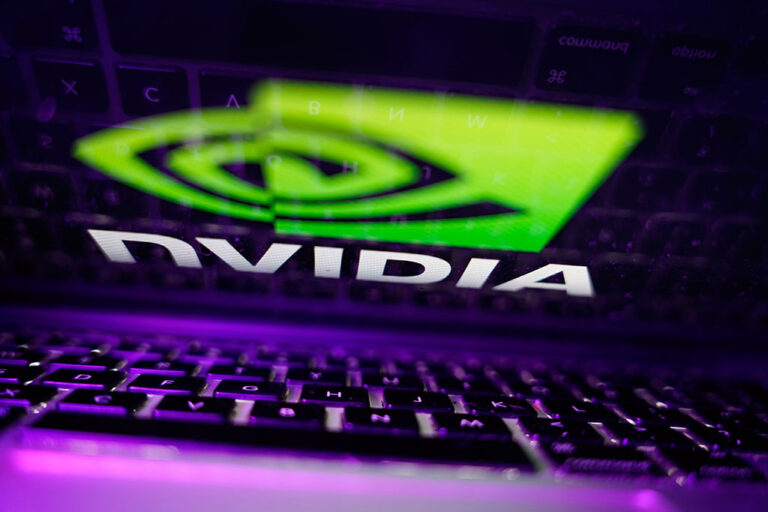The appellate court ruled that investors had sufficiently alleged Nvidia knowingly or recklessly made false statements.
The United States Supreme Court has dismissed Nvidia’s attempt to appeal a high-profile securities fraud lawsuit, allowing the case: Nvidia v. E. Öhman J:or Fonder AB to proceed in federal court.
The decision dealt a notable blow to Nvidia, which had sought to overturn a ruling by the Ninth US Circuit Court of Appeals. That appellate court had previously overturned a trial judge’s dismissal of the case, enabling investors to proceed with allegations that Nvidia’s leadership, including CEO Jensen Huang, misrepresented the true driver behind the company’s record revenue growth in 2017 and 2018.
Allegations Against Nvidia
The case, led by Swedish investment firm E. Öhman J:or Fonder AB, alleges that Nvidia misled shareholders about the extent of its reliance on crypto-related revenue during the crypto boom of 2017 and 2018. The plaintiffs claimed that Nvidia, under CEO Jensen Huang, downplayed the impact of crypto mining sales on its flagship GeForce GPUs, presenting its booming revenue as driven primarily by gaming demand.
The lawsuit contends that as the crypto market collapsed in late 2018, Nvidia’s financial performance faltered, missing revenue projections and causing its stock to drop by over 28% within two days. Shareholders argue that the company’s failure to disclose the risks posed by crypto market volatility left them vulnerable to significant financial losses.
Following the hearing in November, the Supreme Court today dismissed Nvidia’s appeal without explanation, leaving the Ninth Circuit’s decision intact. Nvidia had argued that the lawsuit failed to meet the strict requirements set by the 1995 Private Securities Litigation Reform Act, which aims to limit frivolous securities fraud claims. The company maintained that its statements were neither false nor intentionally misleading.
“We would have preferred a decision on the merits affirming the trial court’s dismissal of the case, but we are fully prepared to continue our defense,” Nvidia said in a statement following the Supreme Court’s decision.
Second Securities Case Dismissed This Quarter
During oral arguments, several justices expressed hesitation about intervening, suggesting the case did not present a broad legal issue suitable for Supreme Court review but rather a factual dispute better resolved in lower courts.
The Supreme Court’s dismissal is being hailed as a victory for shareholder rights and corporate accountability.
A favorable ruling for Nvidia would have established a significant legal precedent, making it easier for companies to secure early dismissals of shareholder litigation and avoid costly discovery proceedings. This high-profile case underscores the complex challenge courts face in balancing corporate protection against frivolous claims while maintaining robust standards for financial transparency and shareholder rights.
This is the second securities fraud case the Supreme Court has dismissed this quarter. Last month, it rejected Meta Platforms’ appeal in a separate lawsuit over its handling of data-harvesting allegations related to Cambridge Analytica.
However, for Nvidia, the stakes remain high. The company has already settled related claims with the Securities and Exchange Commission (SEC) for $5.5 million in 2020, but the shareholder lawsuit in question could result in additional financial and reputational damage.
next